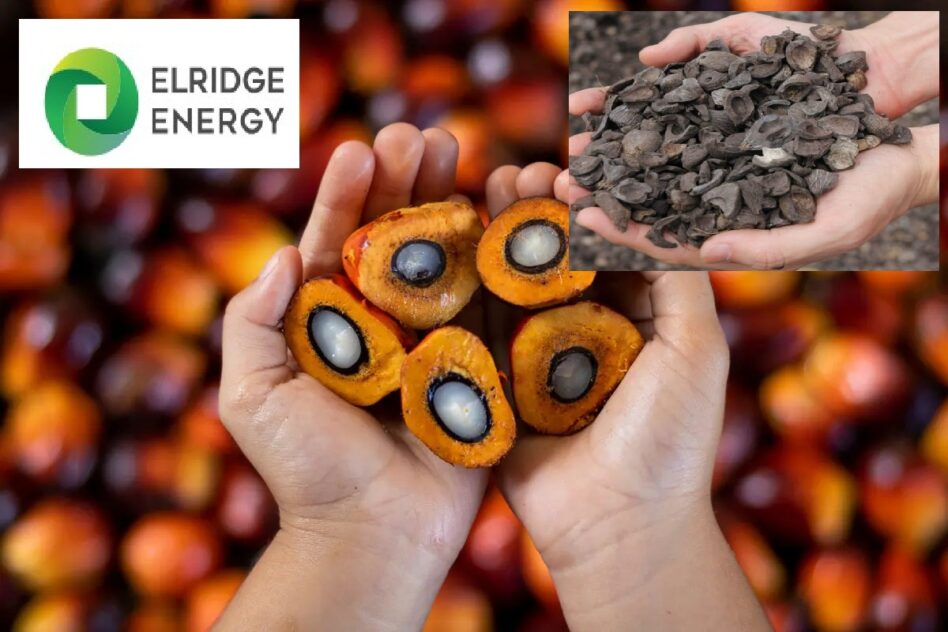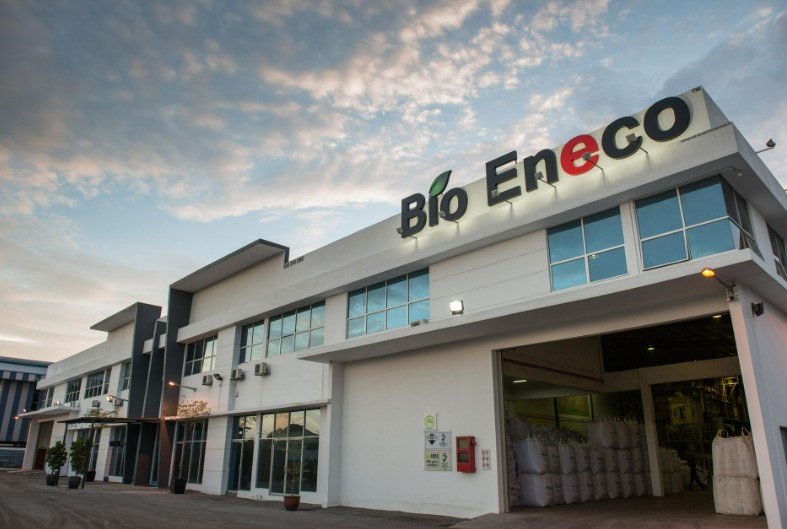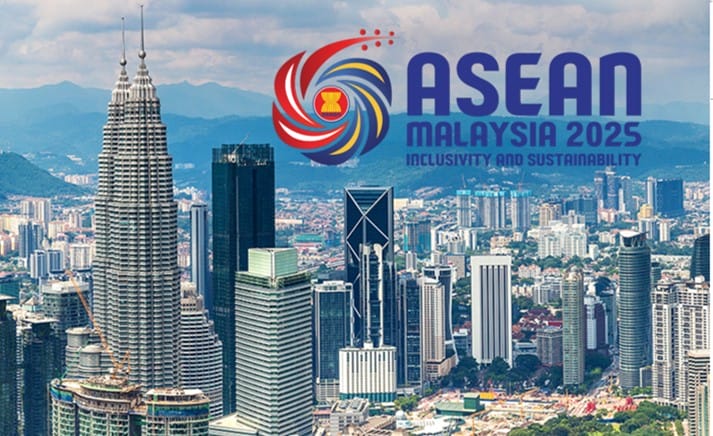AS ASEAN Foreign Ministers convene for the 58ᵗʰ ASEAN Ministerial Meeting (AMM) under Malaysia’s ASEAN Chairmanship 2025 tomorrow (July 11), the region finds itself at a critical juncture.
With “Inclusivity and Sustainability” as the guiding theme, Malaysia has a rare opportunity to not only lead diplomatically but to define a practical, ASEAN-led renewable energy agenda.
Few solutions are as immediate and scalable as biomass.
While often over-shadowed by solar and hydroelectric power, biomass offers a dependable alternative which is particularly suited to ASEAN’s agricultural economies.
Malaysia alone produces more than 90 million dry tonnes of solid oil palm biomass annually, according to the Malaysian Palm Oil Board (MPOB).
These residues, including palm kernel shells (PKS), mesocarp fibres and empty fruit bunches can be processed into a clean, high-calorific-value biomass fuel to power industrial systems or electricity grids.
In light of growing trade protectionism and the imposition of carbon-linked tariffs such as the European Union’s (EU) Carbon Border Adjustment Mechanism (CBAM), Malaysia now has a strategic opportunity to future-proof its exports by advancing domestic biomass utilisation and green energy value chains.
This would enable the country to monetise its palm residues not only through international sales but also by generating electricity, decarbonising its industrial base and supplying clean alternatives to fossil fuels.

ASEAN’s energy transformation
As the 2025 ASEAN Chair, Malaysia is well-positioned to lead a regional biomass initiative. This can include establishing harmonised certification standards, promoting intra-ASEAN trade in sustainable fuels and launching joint research through ASEAN Green Fund mechanisms.
There is also scope to develop regional carbon credit frameworks tied to verified biomass usage that can enable ASEAN industries meet decarbonisation targets through home-grown solutions.
Japan offers a compelling model. Faced with limited land for solar and wind, it embraced biomass through its Feed-in Tariff (FiT) programme.
By end-2022, 586 biomass power plants were operational, generating a combined 4.1 gigawatts (GW) of electricity.
These plants form part of a broader pipeline of nearly 900 approved projects under the scheme which totalled 8.3 GW in capacity, according to the USDA FAS Japan Biomass Annual 2023.
Malaysia has the fundamentals to replicate this success fort there are plentiful agricultural residues, an established palm oil industry and available land for facility development.
With clear policies and targeted fiscal incentives such as accelerated capital allowances for biomass infrastructure, the nation can unlock private investment, spur public-private partnerships and scale solutions such as biomass co-firing in power plants, decentralised heat networks and off-grid boiler installations for industry.

Rising demand, growing capability
Demand for certified, sustainable biomass fuels is growing across Asia, particularly in countries like Japan where biomass is increasingly used in energy systems and industrial fuel switching.
At Elridge Energy, we are proud to contribute to this momentum. In FY2024, more than 85% of our revenue was generated from PKS sales.
Following our IPO (initial public offering) in August 2024, we have channelled proceeds into developing three new PKS production facilities in Kuantan, Pasir Gudang and Lahad Datu.

The Kuantan and Pasir Gudang facilities are to be completed by this year, while the Lahad Datu facility is set to be completed by end-FY2026.
Each site is designed for up to 240,000 metric tonnes in annual capacity across two production lines. These sites not only boost our output but reinforce our commitment to sustainability and traceability.
Malaysia’s ASEAN Chairmanship 2025 presents a timely opportunity to embed biomass in ASEAN’s broader energy and climate strategy.
Through coordinated policy and collaboration, the Southeast Asian region can accelerate biomass deployment, reduce its dependence on imported fossil fuels and foster green jobs in rural and industrial communities alike.
This is also a chance to build a truly inclusive green economy by creating sustainable jobs in rural communities where the feedstock originates.
Biomass is not just a complementary resource; it is a base-load enabler of energy security, carbon reduction and inclusive development. With abundant feedstock and export-ready capabilities, Malaysia can lead ASEAN toward a low-carbon, self-reliant future.
At Elridge Energy, we are committed to this shared vision – not only as producers and exporters but as advocates for a cleaner, more connected ASEAN energy ecosystem. – July 10, 2025
Oliver Yeo is the Executive Director and CEO of Elridge Energy Holdings Bhd, a listed Malaysian renewable energy company specialising in the manufacturing and export of biomass fuels such as palm kernel shells (PKS) and wood pellets.
The views expressed are solely of the author and do not necessarily reflect those of Focus Malaysia.









